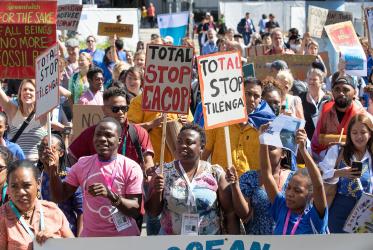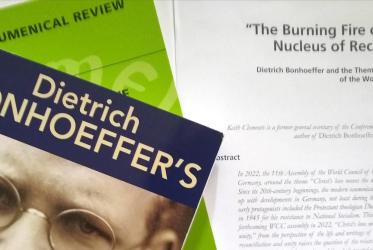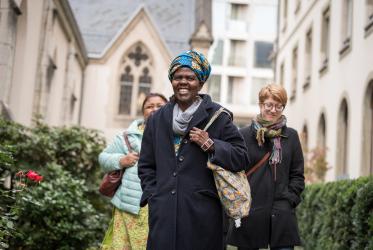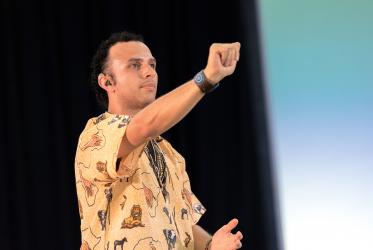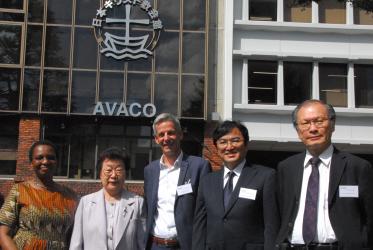Displaying 1 - 20 of 73
23 October 2023
WCC executive committee maps future with hope in uncertain times
19 November 2020
WCC Executive Committee meets with eye toward busy future
20 November 2019
Churches in southern Africa stand against violence, xenophobia
10 October 2019
In Japan, theologians reflect on today’s global manifestations of racism
18 September 2019


